| Join Our List | 
|
|
|
|
Thank you for all you do to promote solidarity and protect the dignity of all life during these challenging days. May the resources in this newsletter help you in your efforts.
|
|
Shalom North America Contacts
|
Click here for a simplified, printer-friendly (pdf) version of this e-newsletter.
|
|
Integrity of Creation
|
|
 Season of Creation Begins September 1
The Season of Creation begins on September 1 with the World Day of Prayer for Creation and extends through October 4, the feast of St. Francis of Assisi. The day of prayer was established by Patriarch Dimitrios I for the Orthodox in 1989, and was then embraced by major Christian European churches in 2001 and by Pope Francis for the Roman Catholic Church in 2015. Prayer resource, liturgical guide, celebration toolkit. Join in an ecumenical online prayer at 10 am (Eastern) on September 1 - register here.
|
|
Integrity of Creation
|
|
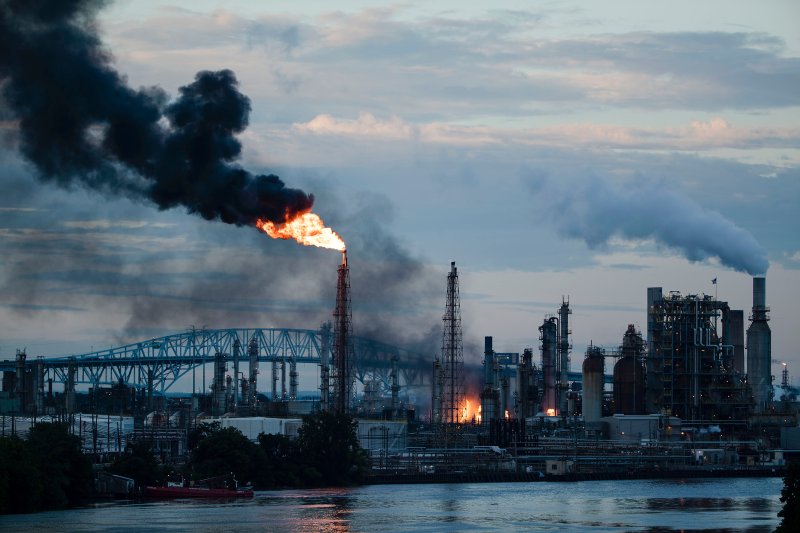 Environmental Racism: Global
As we celebrate the Season of Creation, one critical connection we should bear in mind is that between environmental injustice and racism. Not only do threats related to climate change disproportionately affect developing countries (in which a majority of citizens are people of color), but negative environmental activity affects communities of color in developed nations much more seriously than white communities. To set our planet free from injustice, we must focus on facilitating environmental justice for communities of color! Check out the New York Times reading list on the links between racism and the environment. Learn more about the disproportionate effect of climate change on developing nations.
|
| | Racism and Climate Change Are About You | Dr. Atyia Martin |
Back to Top
|
|
Integrity of Creation
|
|
 Environmental Racism: Black Communities Environmental Racism: Black Communities
Black communities in the U.S. have been subjected disproportionately to the negative consequences of environmental irresponsibility. In particular, housing and lending policies have restricted black Americans to living primarily in urban zones. The construction of industrial and waste management complexes are then approved in those zones, rather than majority-white communities, which means that the air quality, access to green space, and real estate value are all significantly worse for black communities than white communities. Read more about the disproportionate impact pollution and other environmental degradation have on people of color. Check out the interactive Mapping Inequality to see where redlining occurred around the U.S. - then see if you can locate the zones that now contain industrial and waste management complexes. Read about Black Climate Scientists and Scholars Changing the World.
|
| | Greening the ghetto | Majora Carter |
|
|
Integrity of Creation
|
|
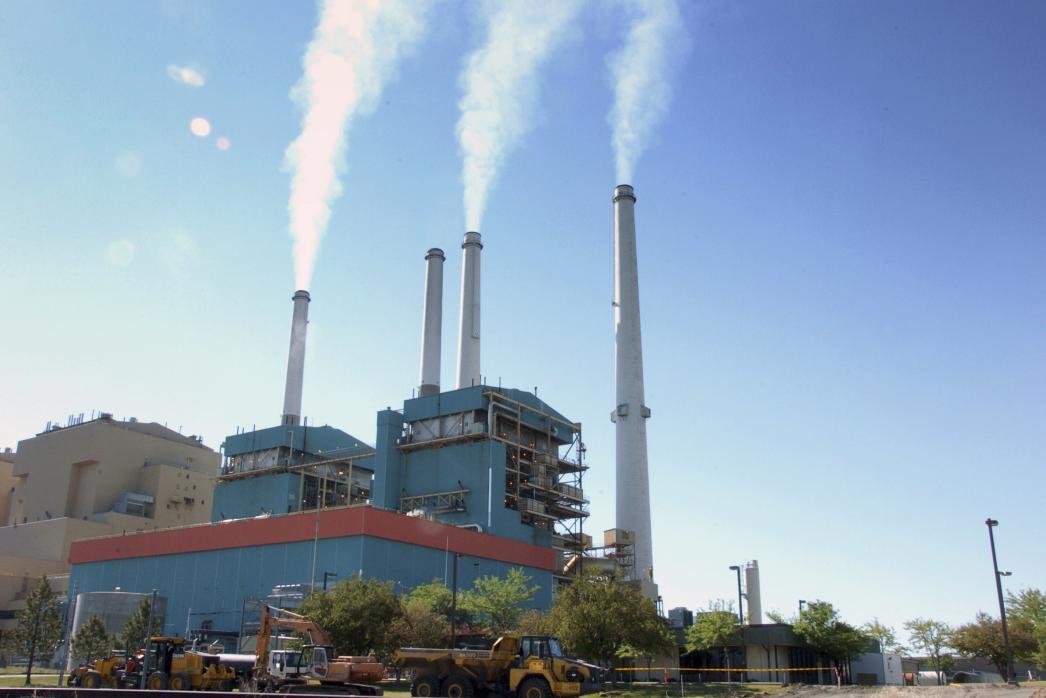 Environmental Racism: Hispanic Communities
|
|
Integrity of Creation
|
|
 Environmental Racism: Indigenous Communities Environmental Racism: Indigenous Communities
Whether it's the devastating legacy of mercury contamination at Grassy Narrows, ongoing pollution from the Mount Polley mining disaster, or the looming threat of the Site C dam construction, Amnesty International says Canadian government decisions that ignore the health and well-being of Indigenous peoples must be recognized as a form of environmental racism. Canada's main pollution-prevention law, the Canadian Environmental Protection Act, doesn't include one mention of environmental justice, human rights or vulnerable populations. New legislation under consideration, Bill C-230, would require the environment minister to examine the link between race, socio-economic status and environmental risk, develop a strategy to redress environmental racism and report regularly on progress. Learn more.
|
| | Why Indigenous Environmental Justice Matters |
|
|
Human Dignity
|
|
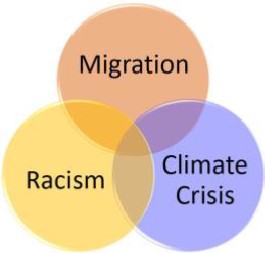 Racism, Migration and Climate Change - Voter Reflection Resource
Using the Leadership Conference of Women Religious focus on the intersection of racism, migration, and climate crisis, social justice promoters of LCWR Region 7 have created three study modules on the issues of racism, migration, and climate crisis for reflection in preparation for the November elections. Each module includes sections on experience of people affected by the issue, values of the issue in light of Catholic Social Teachings, and a call for action. Download resource.
Back to Top
|
|
Human Life and Dignity
|
|
 Election and Postal Service Election and Postal Service
Ensuring a fully functional Postal Service should not be a partisan issue. With less than 10 weeks until Election Day (and the COVID-19 Pandemic still raging), the USPS needs the resources necessary to handle the millions of ballots that will be cast through the mail this election - and the rest of our mail as well. The House passed legislation with bipartisan support. It is time for the Senate to act. If you agree, let your voice be heard. Want to do more? Download this toolkit.
|
|
Human Life and Dignity
|
|
 Faith Perspective on Census Faith Perspective on Census
The 2020 Census has faced a variety of challenges, especially due to the COVID-19 pandemic. Learn how as people of faith, we are called to support the 2020 Census so that resources and representation are allocated justly. Promote the Census in your community to support human dignity. Download resource/take action.
|
|
Human Life and Dignity
|
|
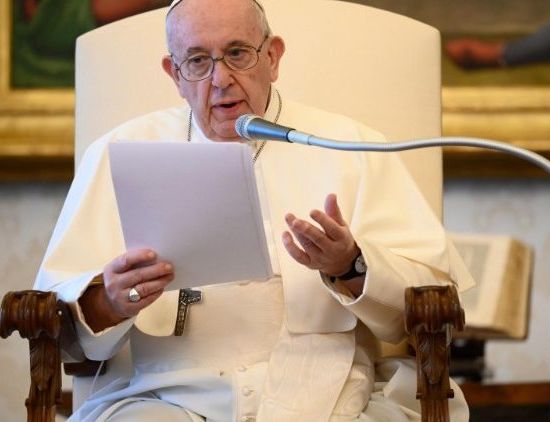 Pope Francis' Catechesis Series on COVID-19 and Catholic Social Teaching Pope Francis' Catechesis Series on COVID-19 and Catholic Social Teaching
|
| | Pope Francis: We cannot go back to old ways after the pandemic |
|
|
Human Life and Dignity
|
|
 Back-to-School Resources to Address Human Trafficking Back-to-School Resources to Address Human Trafficking
As students across the country return to school in-person, online, or a combination of both, it is important for parents, children, and their educators to prioritize online safety. Click here to learn about and access online safety resources as well as a college anti-trafficking advocacy toolkit.
|
|
Human Life and Dignity
|
|
 106th World Day of Migrants and Refugees (9/27) 106th World Day of Migrants and Refugees (9/27)
This year's theme is " Forced like Jesus Christ to flee" and focuses on the pastoral care of internally displaced persons, including those isolated due to the COVID 19 pandemic. Pope Francis notes, "Situations of conflict and humanitarian emergencies, aggravated by climate change, are increasing the numbers of displaced persons and affecting people already living in a state of dire poverty." Learn more, consider this reflection, prayer resource.
|
|  | | To be close in order to serve |  |
 |
|  | To know in order to understand |
|
|
Peace and Non-Violence
|
|

UN Sustainable Development Goals
This fall we observe the 5th anniversary of the launching of the UN Sustainable Development Goals. Intended to rally the global community, the SDGs address the challenges we face, including those related to poverty, inequality, climate, environmental degradation, prosperity, and peace and justice. Learn more, frequently asked questions, resources on Catholic Social Teaching and the SDGs.
|
|
Peace and Non-Violence
|
|
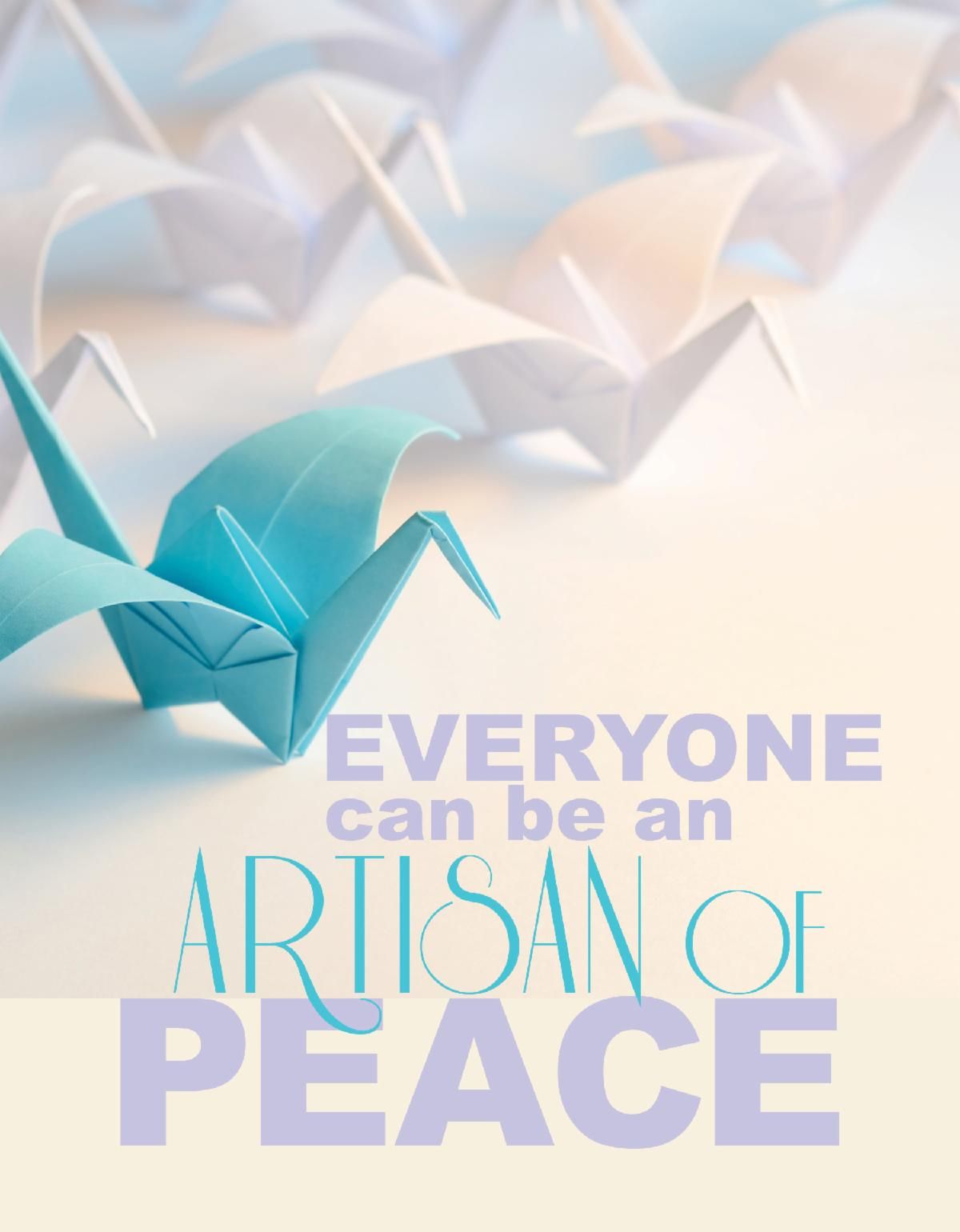 International Day of Peace - September 21
Established in 1981, the International Day of Peace is a day devoted to strengthening the ideals of peace through observing 24 hours of non-violence and cease-fire and to otherwise commemorate the Day through education and public awareness on issues related to peace. The theme for 2020 is "Shaping Peace Together." Learn more, reflection resource.
Coming soon - A special SSND Shalom International Season of Creation video prayer service "Jubilee for Earth-Together, Making Peace with our Planet." Sisters and associates throughout our global congregation will be invited to use this video resource for prayer and reflection on or around September 21 in commemoration of the International Day of Peace.
|
|
|
The SSND International Shalom Network witnesses to the Gospel with audacity and hope as we collaborate to build just relationships and respond to the urgent needs of our times.
|
 Shalom News North America Shalom News North America is an e-publication of the Shalom North America Contacts (SNAC) of the School Sisters of Notre Dame - Arlene Flaherty, Ethel Howley, Jeanne Wingenter, Kathleen Bonnette, Rose Mary Sander, and Tim Dewane. Your comments, suggestions, and feedback are always welcomed. Email us at [email protected]. Please only print this e-publication if necessary.
|
|
|
|
|
|